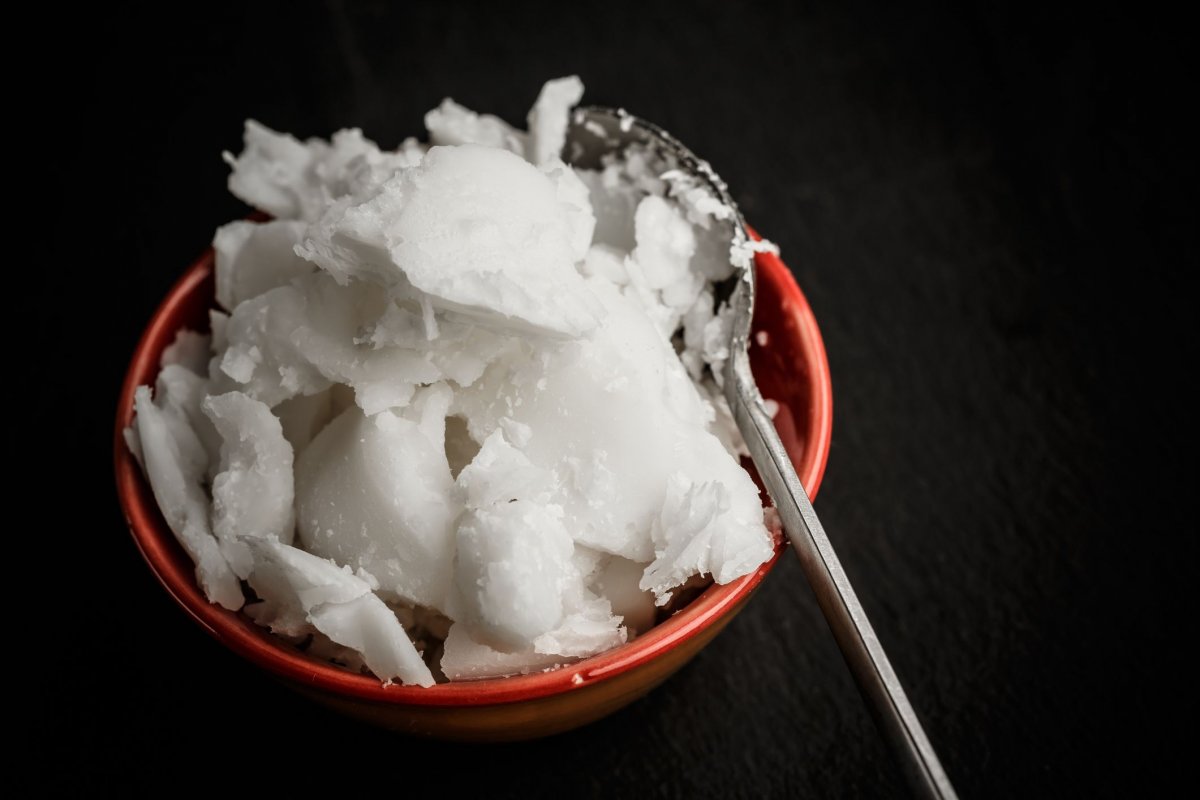Coconut oil has earned and lost its reputation as a so-called superfood in recent years. That's rightly so, according to a Harvard professor who has labeled it "pure poison."
Karin Michels, professor of the department of epidemiology at Harvard T.H. Chan School of Public Health, explained recently during a lecture at the University of Freiburg, Germany, that—regardless of the advice peddled by unqualified and self-appointed online health gurus—consuming coconut oil carries a raft of health risks.
According to a translation by Business Insider Deutschland, in her lecture "Coconut Oil and Other Nutritional Errors," Michels explained the substance poses a greater risk to heart health than lard as it is almost entirely made up of saturated fatty acids. These are believed to block our arteries.
Generally, fats packed with fatty acids are those that are solid at room temperature. According to the American Heart Association, the average person should only consume around 11 to 13 grams of saturated fat per day, or 5 to 6 percent of their total daily calories.

Unsaturated fats such as those found in olive oil, on the other hand, should also be eaten in moderation, but they could improve blood cholesterol.
Michels is the latest to question the health benefits of coconut oil. Last year, the American Heart Association updated its science advisory, urging the public to avoid consuming coconut oil if possible.
Following an analysis of over 100 studies dating back to the 1950s, researchers concluded saturated fats raise so-called bad cholesterol, or LDL. Coconut oil was found to spike LDL levels in seven controlled trials.
Related: Probiotics could cause brain fogginess and bloating, study suggests
But the public seems confused. A 2016 survey in The New York Times prior to the American Heart Association's revised guidelines revealed 72 percent of the public versus 37 percent of nutritionists believe coconut oil is "healthy."
Dr. Marie-Pierre St-Onge of the Institute of Human Nutrition, at Columbia University, in New York, who was behind the research indicating coconut oil boosts the metabolism and weight loss because it contains an ingredient called medium-chain triglycerides in higher levels than most fats, spoke out last year to set the record straight.
She told the American Heart Association the oil she used in her experiment was 100 percent medium-chain—not the 13 to 14 percent medium-chain oils that are most common. A person would need to eat 150 grams, or 10 tablespoons, of coconut oil a day to reap the benefits, which would be negated by the effects of consuming the substance in excess.
She explained a healthy diet is "a moderation thing."
"People don't want to face reality when it comes to their own dieting, their own health," she said. "They want to believe in wishful thinking…. But thinking you can have unlimited amounts of one particular thing and everything will disappear is not based on reality."
Helen Barrett, qualified dietitian and British Dietetic Association spokesperson, told Newsweek the pros and cons of consuming coconut oil need to be considered within the context of an individual's diet as a whole.
"If you are taking it to promote fat burning it is unlikely to happen," she said, adding it is not a lower calorie fat and is expensive in general when compared with similar products.
"If someone has close relatives with cardiovascular disease and they are eating lots of other foods containing saturated fats, I would encourage them to reduce their consumption [of coconut oil]," she said.
However, if a person eats very little saturated fat, loves coconut oil and does not want to swap it for a healthier fat, "the risk is likely to be lower," she argued.
"But people should be aware of what the risks are and be mindful that coconut oil is maybe not a good thing," she warned, adding: "I wouldn't recommend anyone start eating coconut oil."
This article has been updated with comment from Helen Barrett.
Uncommon Knowledge
Newsweek is committed to challenging conventional wisdom and finding connections in the search for common ground.
Newsweek is committed to challenging conventional wisdom and finding connections in the search for common ground.
About the writer
Kashmira Gander is Deputy Science Editor at Newsweek. Her interests include health, gender, LGBTQIA+ issues, human rights, subcultures, music, and lifestyle. Her ... Read more
To read how Newsweek uses AI as a newsroom tool, Click here.








